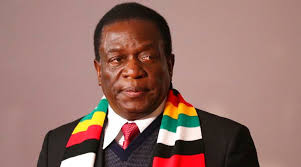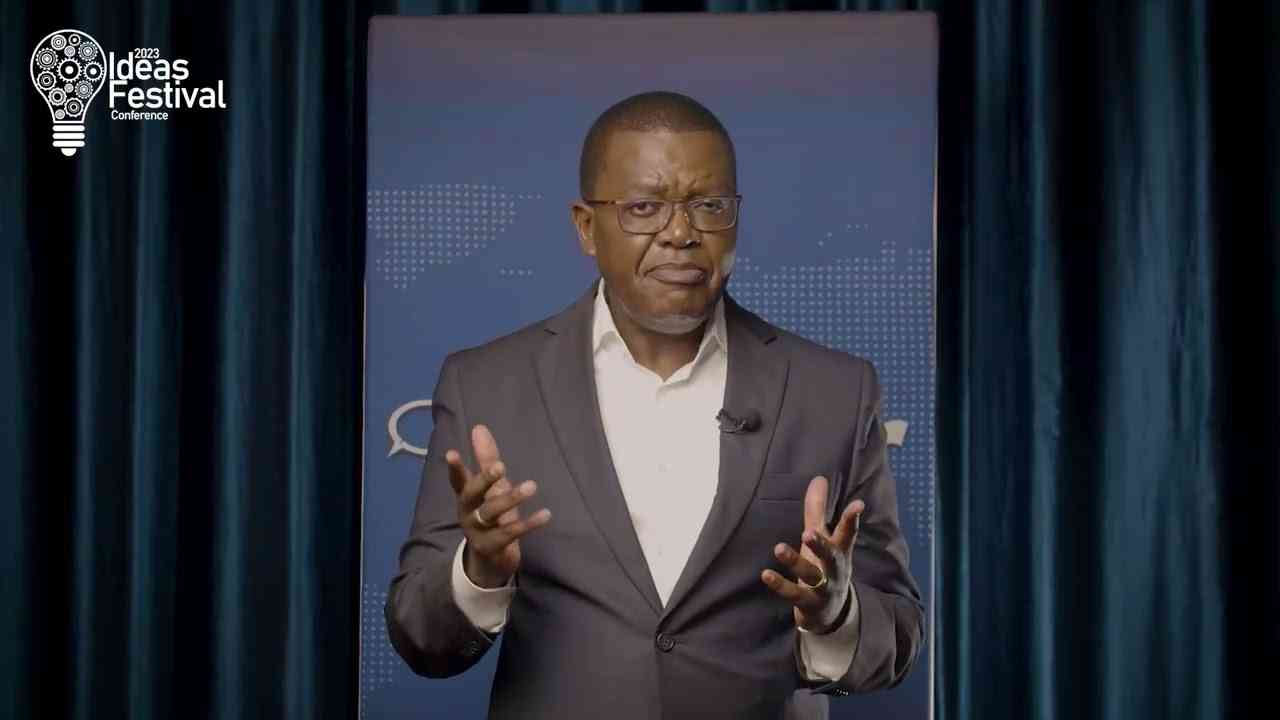LEGAL experts and political analysts in the Matabeleland region have said the Patriot Bill violates people’s rights as it is prone to various interpretations.
The Patriot Bill also known as the Criminal Law (Codification and Reform) Amendment Bill sailed through Parliament recently and awaits Mnangagwa’s assent to become law.
This came out of a discussion organised by the Bulawayo Media Centre in conjunction with the Research and Advocacy Unity (RAU) on the Bill's implications to society, access to information and reporting on organised violence and torture.
Legal expert Clifford Ncube said: “The Patriot Bill introduces a new crime. It proposes to insert a new section 22 (A) where it creates a new crime called ‘Wilfully injuring the sovereignty and national interest of Zimbabwe’.”
“I think in layman's terms, we can say that this deals with terrorist activities somewhat or may be participating in any plans by another foreign government to invade the country,” Ncube said.
“Secondly, to subvert, or overthrow a constitutional government and thirdly, to consider implementing or extending sanctions, or a trade boycott against Zimbabwe against an individual or official, if the sanctions or boycott affects substantial sections of the people of the country.”
He said people found guilty faced a similar sentence to those charged with treason.
“This is our first problem there. The first problem that we have is that, currently, the Criminal Law Code has not been aligned with the Constitution,” Ncube said.
“The Constitution is very clear that the death sentence is only given to people that have been convicted of murder. The Criminal Law Code has been there and it had a sentence of death for anyone convicted of murder.”
He said the Constitution stipulates that the death sentence can only be given to males who are convicted.
However, Ncube said the Bill was open to abuse as it is subject to various interpretations which then violate people's rights.
“You cannot leave it to the police officers to decide whether to arrest a person or not using the law. As a matter of law, they must have what we call, probable cause, there must be a reason to arrest you. So such a Bill in my opinion is vaguely worded and that it can be broadly interpreted,” he said.
Ncube added that the Bill violated most of the freedoms such as those of expression, association and voting if it is enacted as it is, adding that even academic freedom would be curtailed.
Lupane State University lecturer Wayne Malinga said the Bill posed serious challenges to all sections of society.
“I am not against patriotism, however, it should not be at the detriment of other human rights, freedom of association, freedom of expression and the Press.
“Whenever we want to deal with these Bills, we need to have stakeholder consultations. This Bill does not speak to the citizens of this country's interests, but it speaks to political interests of certain politicians,” Malinga said.





